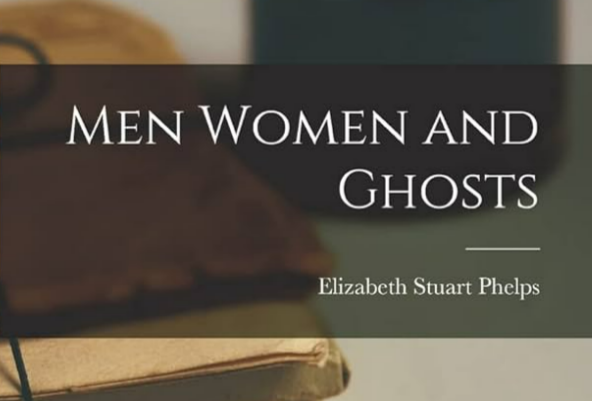Pickthorn Manor
byIn this chapter titled Pickthorn Manor, a quiet intensity shapes the life of Lady Eunice, whose days unfold beneath the shadow of personal loss. Her fiancé, Lord Hartwell, was claimed by the war, and with him vanished the future she once envisioned. The manor stands still, cloaked in ivy and grief, where her only companions are the roses she tends with ritual precision. These gardens, pruned with unwavering care, offer her a sense of control against the upheaval that claimed her joy. Even the ticking of the clock and the daily walks echo a longing for stability—patterns stitched into an otherwise fraying world. Each task she performs feels both hollow and necessary, as if routine alone can tether memory to the present. In this silence, Pickthorn becomes a sanctuary and a tomb—preserving Hartwell’s presence in every stone and breath of lavender.
Change arrives quietly in the form of Gervase Deane, a wounded soldier seeking recovery among the manor’s grounds. Their meeting by the river is ordinary on its surface—she watches the water, and he casts a line—but something unspoken stirs beneath. Gervase, unaware of how deeply she mourns, offers recollections of the front, his stories threaded with the name of a man she once loved. As they speak, a strange comfort emerges—not from what is said, but from what is remembered. Gervase becomes a vessel for words unspoken in Hartwell’s final letters, his manner familiar, yet marked by battles neither of them fully understand. Their interactions unfold without pretense, framed by the rustle of reeds and the scent of distant blooms, as two strangers begin to fill the gaps left by war and absence. For Lady Eunice, each conversation offers a glimpse of the man she lost, refracted through someone still alive.
Their growing connection is gentle, unhurried, and restrained by the decorum of their world. Long afternoons pass in the garden, pages of poetry resting on knees, with silences speaking more than sentiment. Yet beneath the calm, emotions stir—uncertain, hesitant, and burdened by the fear of replacing memory with possibility. One morning, a misplaced remark shatters this fragile balance. Gervase, perhaps unaware of the depth of her devotion to Hartwell, speaks too lightly of grief, mistaking her composure for peace. Hurt by his words and startled by her own vulnerability, Eunice retreats behind her routine, wounded anew. The distance between them, once bridged by shared understanding, widens under the weight of pride and sorrow. In her solitude, she questions not only Gervase’s presence but her own willingness to feel again.
But time, persistent and indifferent, softens even the most painful edges. A second encounter under less guarded skies offers an opportunity for honesty. Gervase, contrite and earnest, confesses his misunderstanding and his growing admiration—not for Hartwell’s memory, but for the woman who kept it alive with such grace. Eunice listens, torn between duty to the past and an awakening she never invited. The war, which had taken so much, now presents a strange gift: the chance to begin again, not by forgetting, but by choosing to live beyond memory. Their hands, once idle at their sides, now find one another amid the silence, not to erase, but to carry forward. What blooms is not a sudden romance, but a mutual respect shaped by shared wounds and new beginnings.
As summer deepens and autumn threatens the leaves, the landscape around them mirrors their journey. The roses that once stood as symbols of loss now open as witnesses to something new—love, perhaps, or simply the courage to face life as it is, not as it was. Pickthorn Manor, long a place of mourning, breathes again through conversation, shared labor, and tentative smiles across breakfast trays. The ghosts of the past remain, but they no longer own the air. They drift quietly beside the living, acknowledged, but no longer leading. In this closing image, the chapter reminds us that grief is not a wall, but a door—one that must be opened slowly, and only when the heart is ready. Through its careful detail and emotional resonance, Pickthorn Manor becomes a meditation on how love endures, adapts, and sometimes, returns in the form of the unexpected.

